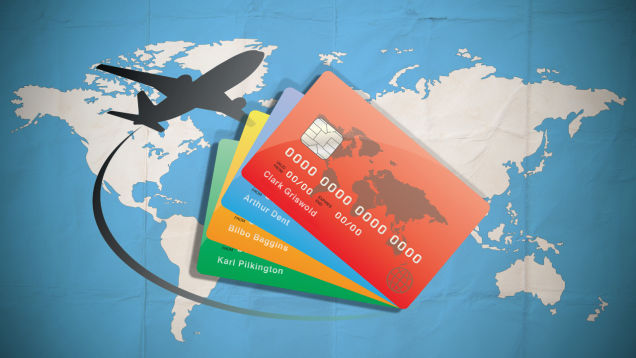
Do you know that holidaymakers using debit and credit cards abroad are being charged nearly five times as much (388 percent) in fees as those who use a prepaid currency card?
According to a new research from personal finance comparison site finder.com, debit and credit cards cost British travellers an average of £39 in fees per year, compared to just £8 for prepaid currency cards or £22 for travel money bought at currency exchange bureaux.
Brits spent an average of £616* abroad in 2017, totalling a £1.9 billion charge in travel money fees. However, with prepaid cards, the figure would have been £552 million. This would result in a collective saving of £1.4 billion and an individual saving of £31 per person, per trip. The savings would be even greater with new debit cards, such as Revolut and Starling, which charge no fees for foreign usage.

Currently, the most popular way of paying for goods abroad is with foreign currency bought at a bureau de change, with 59 percent of Brits doing this. Almost half (46 percent) of Brits use debit and credit cards, while only one in six (16 percent) uses a prepaid currency card.
Baby boomers are the most likely to use exchange bureaux when going away (67 percent), but they’re the least likely to use prepaid currency cards (12 percent). In contrast, a fifth (19 percent) of millennials use prepaid currency cards abroad, making them the most likely to use this method.
Jon Ostler, CEO at finder.com commented: “With many banks imposing charges and commission fees when you use your card abroad, the costs can quickly add up. You may well be aware that withdrawing money from a foreign ATM can result in charges but even a small purchase using contactless can see you being hit with disproportionate fees on some cards.
Prepaid currency cards, and a few new debit or credit cards like Starling and Revolut, are a good alternative to consider. As our research shows, they generally cost a lot less than traditional cards or exchange bureaux, allowing you to spend more on your actual holiday. If you don’t want to switch your credit card or leave your current bank, you could consider getting one of these cards just for your trips abroad.”
To see more statistics and infographics on different payment methods abroad, visit: https://www.finder.com/uk/payment-methods-abroad.